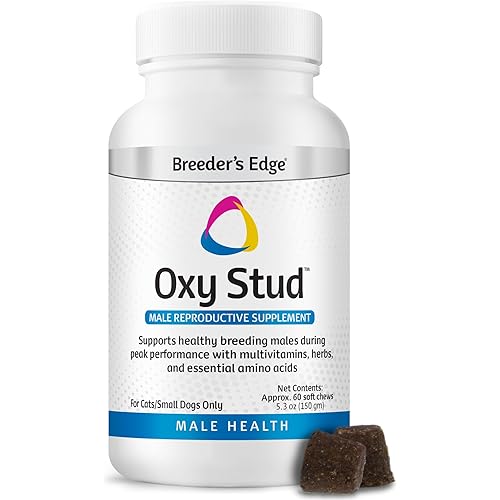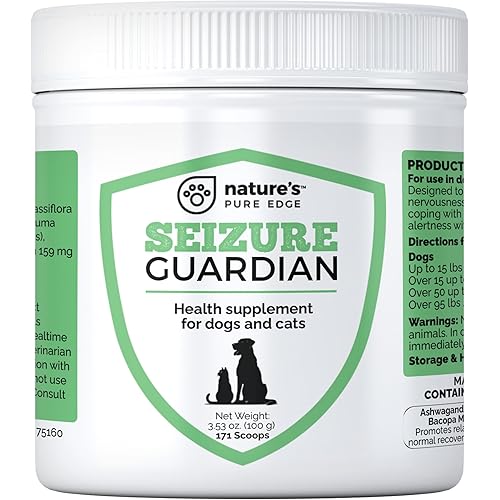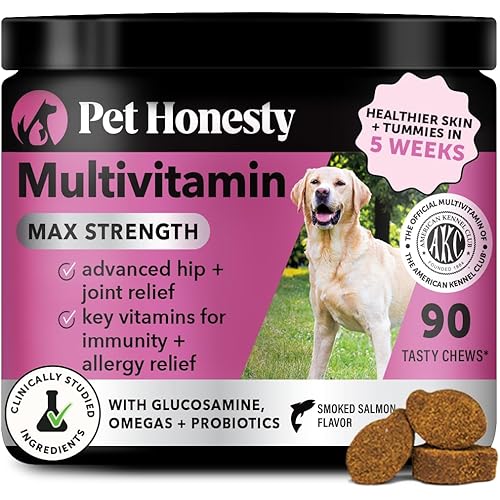Nutramax Denamarin Liver Health Supplement for Medium Dogs - With S-Adenosylmethionine (SAMe) and Silybin, 30 Tablets










Buy Now, Pay Later
- – 4-month term
- – No impact on credit
- – Instant approval decision
- – Secure and straightforward checkout
Ready to go? Add this product to your cart and select a plan during checkout.
Payment plans are offered through our trusted finance partners Klarna, Affirm, Afterpay, Apple Pay, and PayTomorrow. No-credit-needed leasing options through Acima may also be available at checkout.
Learn more about financing & leasing here.
Selected Option
This item is eligible for return within 30 days of receipt
To qualify for a full refund, items must be returned in their original, unused condition. If an item is returned in a used, damaged, or materially different state, you may be granted a partial refund.
To initiate a return, please visit our Returns Center.
View our full returns policy here.
Recently Viewed
Size: Blister Pack Medium Dog (13-34 lbs)
Features
- Liver Support for Dogs: Denamarin is the #1 veterinarian recommended liver support supplement for dogs. This supplement contains s-adenosylmethionine (SAMe) to help increase levels of the antioxidant glutathione - one of the livers main detoxifying agents
- High-Quality Ingredients: The Silybin found in Denamarin has shown better absorption by dogs than the standardized milk thistle extract found in many other products
- Support Your Dog's Liver Health: The liver is one of the most vital organs in your pet and is responsible for removing toxins, storing energy, aiding digestion, and supporting the immune system
- From the #1 Veterinarian Recommended Supplement Company*: Nutramax Laboratories Veterinary Sciences has been a leader in pet health for over 30 years, and provides supplements to support joint health, digestive health, and overall wellness
- Backed by Science: Nutramax Laboratories Veterinary Sciences supplements are veterinarian formulated with high-quality ingredients to ensure your pet is receiving a safe supplement
Description
Denamarin coated tablets containing SAMe (s-adenosylmethionine) and silybin can be used in dogs of all sizes to help support healthy liver functions. In addition, research has shown the administration of Denamarin coated tablets to be safe for dogs. Denamarin Liver Health Supplements are brought to you by Nutramax Laboratories Veterinary Sciences, the 1 veterinarian recommended supplement company. Source: Survey conducted among small animal veterinarians who recommended animal supplements.
Is Discontinued By Manufacturer : No
Product Dimensions : 5.6 x 3.6 x 1.4 inches; 1.6 Ounces
Item model number : DENAMARIN225
Date First Available : January 25, 2008
Manufacturer : Nutramax
Country of Origin : USA
Frequently asked questions
To initiate a return, please visit our Returns Center.
View our full returns policy here.
- Klarna Financing
- Affirm Pay in 4
- Affirm Financing
- Afterpay Financing
- PayTomorrow Financing
- Financing through Apple Pay
Learn more about financing & leasing here.
Similar Products
Top Amazon Reviews



























